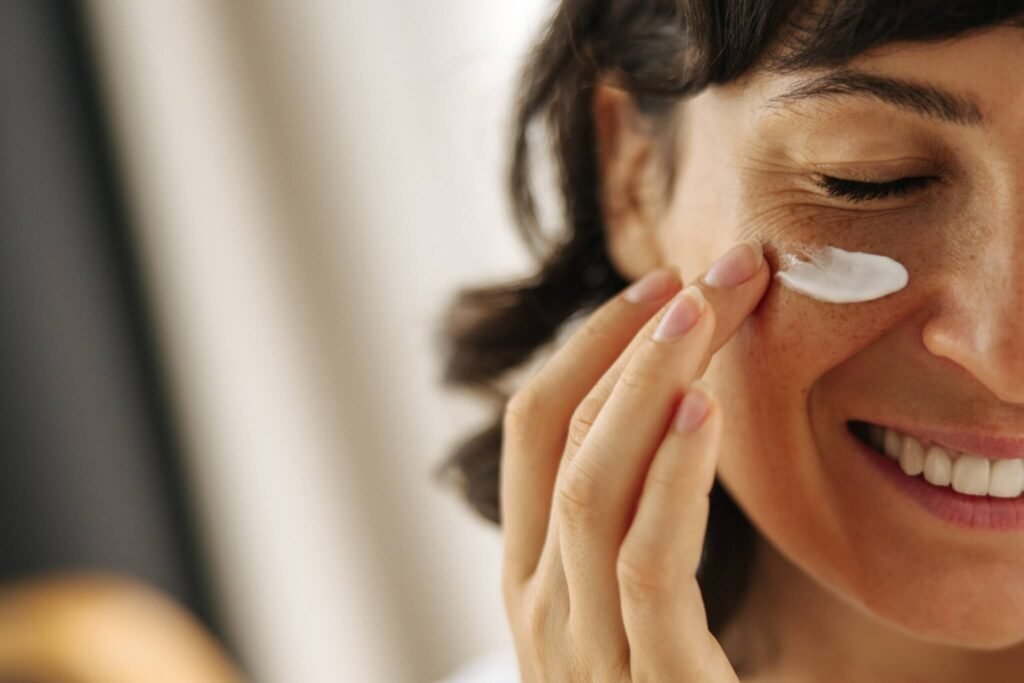The Top 23 Dermatologist-Approved Skincare Ingredients You Need to Know
Navigating the world of skincare can be overwhelming, especially with the sheer number of products and ingredients available. Recent research has distilled this complexity into a more manageable list of effective skincare solutions. A study led by Northwestern University, published in the Journal of the American Academy of Dermatology, has identified 23 ingredients recognized by leading U.S. dermatologists for their efficacy in addressing seven common skin concerns.
Skincare Ingredients That Work
Out of 318 ingredients evaluated, here are the 23 dermatologist-approved solutions:
1. Retinoids: The Gold Standard
Retinoids, a group of vitamin A derivatives, are lauded for their multi-tasking abilities. They topped the list for treating:
- Fine Lines & Wrinkles
- Acne
- Dark Spots
- Large Pores
- Oily Skin
More than 96% of dermatologists endorsed retinoids, citing their ability to accelerate cell turnover and stimulate collagen production. Whether it’s prescription-strength tretinoin or gentler over-the-counter retinol, retinoids are recommended for virtually everyone, under the guidance of a dermatologist.
2. The Non-Negotiable: Sunscreen
When it comes to preventing skin aging and redness, sunscreen is vital. With 96.8% approval for mineral sunscreen and 82.3% for chemical sunscreen, daily sun protection is key to maintaining healthy skin. Dermatologists emphasize preventing damage rather than just treating it.
3. Ingredients for Specific Concerns
Fine Lines & Wrinkles
- Retinoids
- Mineral Sunscreen
- Chemical Sunscreen
- Vitamin C
Acne
- Retinoids
- Benzoyl Peroxide
- Salicylic Acid
- Azelaic Acid
- Clindamycin
- Glycolic Acid
Redness
- Mineral Sunscreen
- Sulfacetamide-Sulfur
- Niacinamide
- Green-Tinted Products
- Metronidazole
- Brimonidine
- Ivermectin
Dark Spots
- Hydroquinone
- Retinoids
- Kojic Acid
- Tranexamic Acid
- Azelaic Acid
- Glycolic Acid
- Vitamin C
- Niacinamide
Oily Skin
- Retinoids
- Benzoyl Peroxide
- Salicylic Acid
Dry Skin
- Petrolatum
- Ceramides
- Ammonium Lactate
- Urea
- Hyaluronic Acid
4. What Didn’t Make the Cut?
Ingredients that tend to generate buzz on social media, such as peptides and DNA repair enzymes, did not secure a spot on this list. Many trendy products often lack robust clinical evidence, underscoring a disconnection between marketing hype and scientific validation.
Understanding the Research Methodology
The study utilized a systematic approach called the Delphi consensus process, where the opinions of 62 dermatologists from 43 institutions were collected. They analyzed the effectiveness of ingredients based on existing research, requiring a minimum of 70% consensus for inclusion.
Key Findings
- 44% of the ingredients have backing from high-quality randomized controlled trials.
- 47% come from moderate-quality clinical studies.
- Affordability was also a consideration, which explains the preference for commonly available ingredients over expensive alternatives.
Skincare Tips from Dermatologists
- Emphasize Prevention: Daily sunscreen usage is the most crucial step to maintain skin health.
- Consult with Experts: Always consult a dermatologist for personalized skincare advice tailored to your skin type.
- Stick to Proven Ingredients: Focus on products that contain dermatologist-approved ingredients for a reliable routine.
- Less is More: A simple routine—sunscreen, a moisturizer if needed, and targeted ingredients—can be more effective than layering multiple products.
In Summary
Finding effective skincare doesn’t have to be complicated. By centering your routine around these 23 dermatologist-approved ingredients, you can effectively address common skin concerns without being swayed by the latest viral trends. For more detailed information on skincare ingredients, consider visiting American Academy of Dermatology or Healthline’s Skincare Guide for expert-approved insights.
Focusing on proven, scientifically-backed products enables you to make informed decisions while navigating the skincare landscape. Remember, a well-rounded approach—combining prevention, effective treatments, and dermatologist consultations—will yield the best results for your skin.


